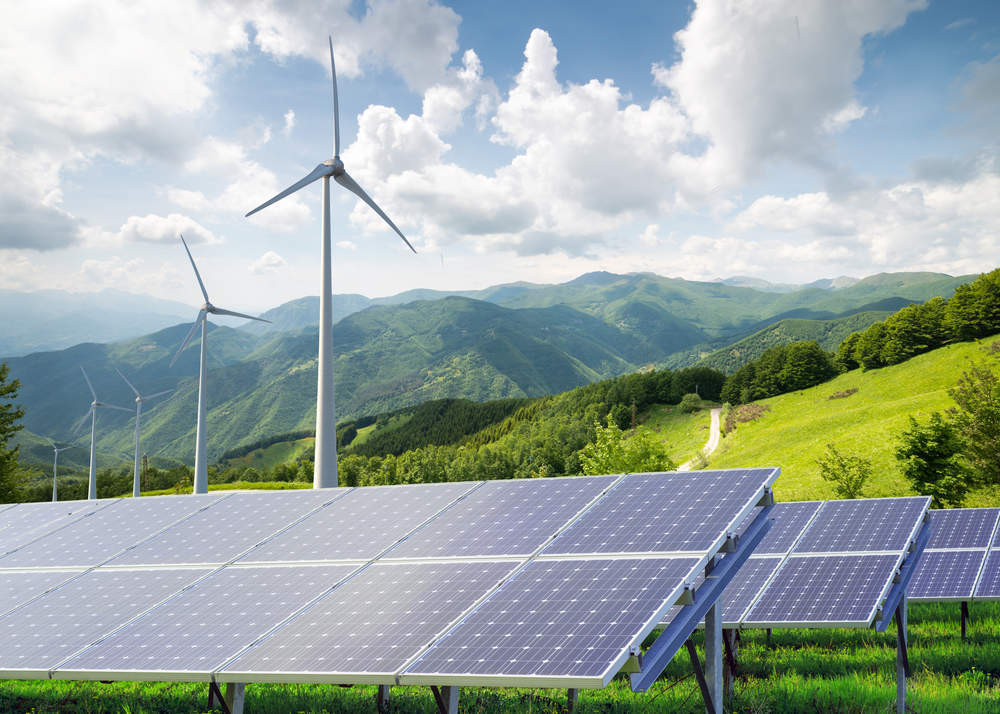
Academics from the University of Manchester have urged policymakers to harness the “once-in-a-lifetime opportunity” for a green economic recovery following the pandemic in order to reach the net-zero target.
The UK government’s Covid-19 economic recovery plan includes £3bn plan to cut emissions, with Chancellor Rishi Sunak committing to a “green recovery with concern for our environment at its heart” in his Summer Statement, delivered last week.
Although 2020 looks set to see the largest annual drop in carbon emissions, due to the lockdown measures and a reduction of air travel as a result of the pandemic, some have warned that efforts to kickstart the economy once more could have a negative environmental impact.
In its new report, On Net Zero, the group of energy, policy, and climate change experts makes a number of recommendations that could contribute to the UK meeting its target of net zero emissions by 2050, and calls for a recovery that “must support structural change that addresses the way we power our lives”.
During this period where “we can try things that were previously not seen as possible”, policymakers must set out plans for getting emissions to as close to absolute zero as possible, with any ‘limits’ to emissions reductions regulaly reviewed, according to the report.
It also recommends the UK set out a “pathway of emissions reduction”, with “significant and rapid” reductions in emissions needed from all sectors, with certain sectors such as road transport and electricity needing to move faster.
How well do you really know your competitors?
Access the most comprehensive Company Profiles on the market, powered by GlobalData. Save hours of research. Gain competitive edge.

Thank you!
Your download email will arrive shortly
Not ready to buy yet? Download a free sample
We are confident about the unique quality of our Company Profiles. However, we want you to make the most beneficial decision for your business, so we offer a free sample that you can download by submitting the below form
By GlobalDataThe report also calls for clear policies supporting greenhouse gas removal, and as the UK sets out its agriculture and land use policies after exiting the EU, it recommends that farmers and landowners are rewarded for reducing emissions and locking up carbon on their land.
Stefan Bouzarovski, professor of human geography at The University of Manchester and head of the Manchester Urban Institute’s People and Energy Programme said:
“We often hear the phrase ‘no one must be left behind’ in the movement towards a climate friendly future. Low-carbon initiatives, including net-zero policies, should take into account existing social and economic inequalities, while ensuring that disadvantaged people are adequately represented and supported.
“Climate policies, however, require deep reconfigurations of socio-economic patterns of energy supply and demand. Not only can climate policies transform existing inequalities, but they may also create new ones as they unfold. Recent international research argues that energy transitions may adversely affect the social, economic and political vulnerability of actors involved in and affected by the process; from individual households to entire states. Thus vulnerability to domestic energy deprivation cannot be considered as a household issue, but rather a phenomenon that is distributed throughout the ‘energy chain’.”
Read more: UK hydrogen strategy needed to meet net-zero targets, experts say.







